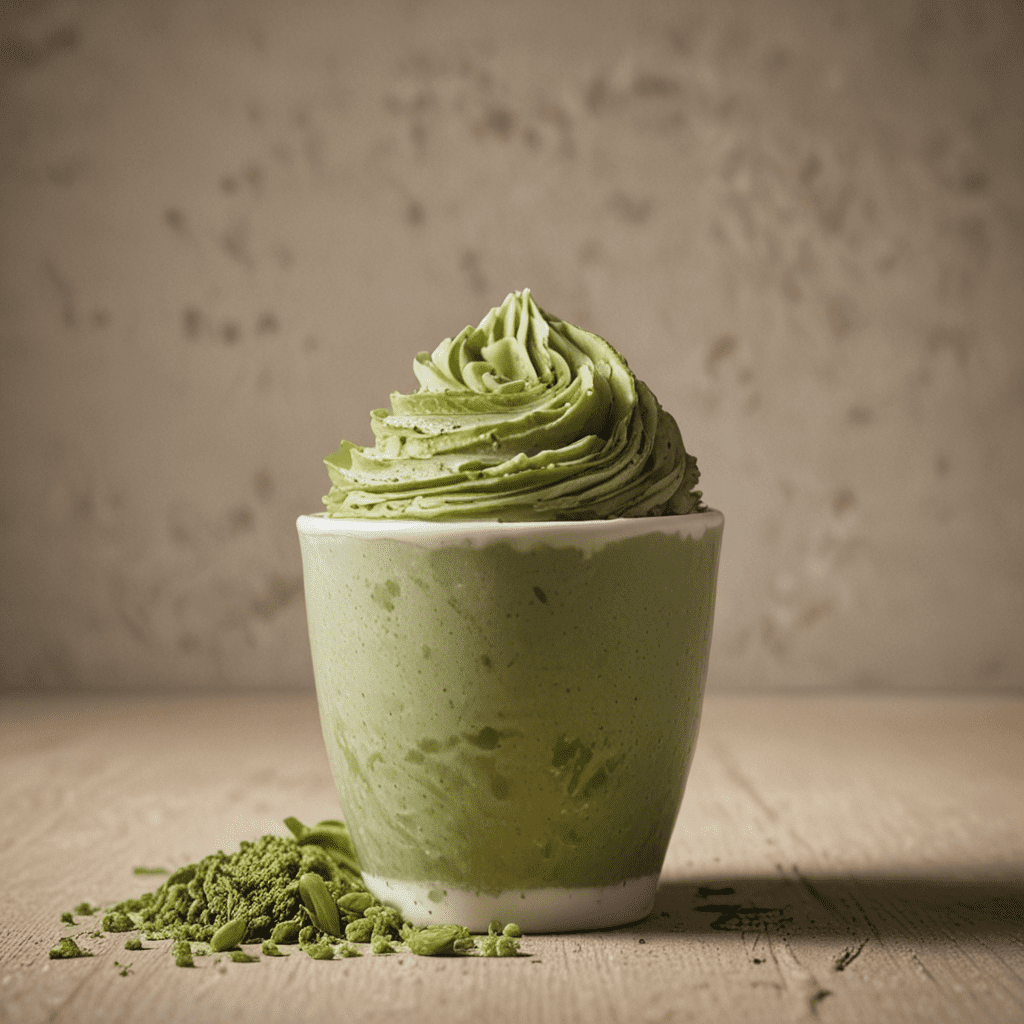
Matcha and Brain Function: Green Tea’s Cognitive Benefits
I. Introduction
Matcha, a finely ground green tea from Japan, has been treasured for centuries for its exceptional health-boosting properties. Among its many benefits, matcha has emerged as a powerful ally for cognitive function, improving memory, attention, mood, and overall brain health.
II. Enhancing Memory and Attention
Matcha contains an impressive array of antioxidants, polyphenols, and other compounds that have been linked to improved cognitive function. Studies have shown that matcha consumption can enhance short-term memory and sustained attention, making it an ideal choice for students, professionals, and anyone seeking to sharpen their cognitive abilities.
III. Protecting Against Neurodegenerative Diseases
Matcha's rich antioxidant content extends its benefits to protecting brain cells from damage caused by free radicals. Antioxidants, such as catechins, neutralize these harmful molecules, reducing the risk of neurodegenerative diseases like dementia and Alzheimer's.
IV. Boosting Mood and Reducing Stress
Matcha is not just a cognitive enhancer; it also exhibits calming and mood-boosting effects. The presence of the amino acid L-theanine counteracts the stimulating effects of caffeine, creating a sense of relaxation without drowsiness. Studies suggest that matcha consumption can reduce anxiety and stress levels, promoting overall well-being.
V. Stimulating Brain Activity
While matcha contains caffeine, its impact on brain function is distinct due to the presence of L-theanine. Caffeine stimulates brain activity, enhancing alertness and focus. L-theanine, on the other hand, promotes relaxation and calming. Together, they create a synergistic effect, boosting cognitive function without overstimulation.
VI. Conclusion
Matcha, with its unique composition of antioxidants, polyphenols, caffeine, and L-theanine, offers a comprehensive array of cognitive benefits. From enhancing memory and attention to protecting against neurodegenerative diseases, boosting mood, and stimulating brain activity, matcha emerges as a potent ally for optimal brain health.
VII. FAQs
Q: How much matcha should I consume for cognitive benefits?
A: Daily consumption of 1-2 cups of matcha tea is generally recommended.
Q: What is the best time to drink matcha?
A: Matcha can boost morning alertness or provide a midday energy boost without the jitters associated with coffee.
Q: Can I take matcha supplements instead of drinking tea?
A: While supplements can provide some benefits, consuming matcha tea allows for a more complete absorption of its nutrients.
Q: Is matcha safe for everyone?
A: Matcha is generally considered safe, but individuals with certain medical conditions or sensitivities should consult a healthcare professional before consumption.
